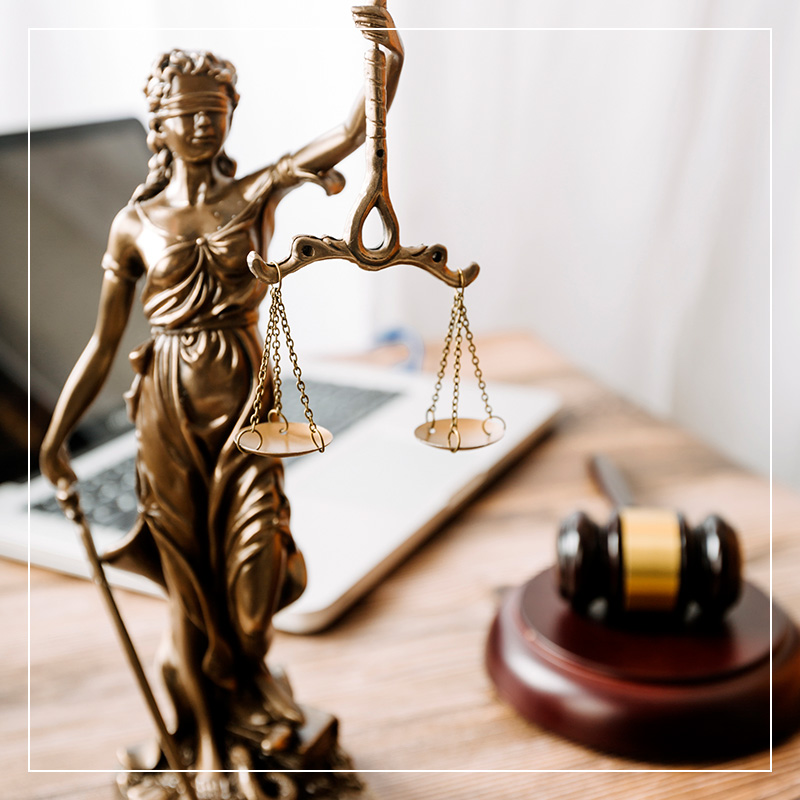When someone is accused of a crime, they’re not just facing legal consequences—they’re also fighting for their reputation and future. In these situations, character witnesses can play a crucial role in helping the court see the person behind the accusations. These witnesses provide insight into the defendant’s personality, values, and behavior, which can make a big difference in how a case unfolds.
What Is a Character Witness?
A character witness is someone who knows the defendant personally and can speak about their character, such as their honesty, kindness, and/or reliability. Unlike other witnesses who might provide facts specific to the incident under investigation, a character witness provides insight into the defendant themselves.
For example, a coworker might talk about how dependable the defendant is at work, or a neighbor might share how they’ve always been helpful and respectful in the community.
How Do Character Witnesses Help?
Character witnesses can help in several ways during a criminal defense case:
1. Showing the Defendant’s Good Side
In court, it’s easy for a defendant to be seen only through the lens of the charges against them. A character witness can remind the court that the defendant is a real person with positive qualities, not just the subject of a legal case. This can make jurors and the judge see the situation more fairly.
For example, a teacher might share how the defendant has volunteered to help students, painting a picture of someone who contributes positively to the community.
2. Challenging the Accusations
If the prosecution portrays the defendant as someone capable of committing the crime, a character witness can help counter that narrative. For instance, if the defendant is accused of dishonesty, a longtime employer might testify about their consistent integrity at work.
3. Reducing Penalties
Even if a defendant is found guilty, character witnesses can still help during sentencing. They can highlight the defendant’s remorse, potential for change, or positive contributions, which may persuade the judge to give a lighter punishment.
Who Can Be a Character Witness?
Not everyone is suited to be a character witness. Here’s what makes someone a good choice:
Personal Knowledge of the Defendant. The witness should know the defendant well enough to speak about their character. This could be a family member, friend, employer, or community member.
Credibility. The witness should be trustworthy and believable. For example, someone with a good reputation in the community will likely make a stronger impact than someone who has their own legal troubles.
Relevant Testimony. The witness’s testimony should relate directly to the qualities being questioned in the case. For instance, if the defendant is accused of violence, the witness might share examples of their peaceful and non-confrontational nature.
Ability to Stay Calm. A good witness can handle tough questions from the opposing lawyer without becoming nervous or defensive.
Are There Any Challenges?
While character witnesses can be very helpful, there are some limitations to consider:
1. Cross-Examination
The prosecution will have the chance to question the character witness, and they may try to cast doubt on their credibility. For example, they might ask if the witness knows about any negative aspects of the defendant’s past. If the witness isn’t prepared, this could weaken their testimony.
2. Perception of Bias
If the witness is a close friend or family member, the court might assume they’re biased and dismiss their testimony as less credible.
3. Limited Scope
Character witnesses usually can’t discuss specific incidents unless asked. Their role is to speak broadly about the defendant’s character, which might not carry as much weight as hard evidence in the case.
Preparing a Character Witness
To be effective, a character witness needs to be well-prepared. Here are some steps attorneys often take to help:
Practice Questions. The witness may go through practice sessions to get ready for possible questions from both the defense and prosecution.
Clear Focus. The attorney will guide the witness to focus on specific traits or examples that are most relevant to the case.
Honesty. The witness must stick to the truth and avoid exaggerating, as this can harm the defense.
Why Character Witnesses Matter
Character witnesses bring a personal and human perspective to a criminal defense case. They remind the court that the defendant is more than the charges they face and can provide valuable context about their behavior and values.
For someone accused of a crime, having a strong character witness can help balance the scales of justice by showing that there is more to the story. If you or a loved one is facing legal trouble, consider reaching out to individuals who can vouch for your character.
At Corrigan Welbourn Stokke, APLC, we understand how important every aspect of your defense is. Our experienced team can help identify strong character witnesses and prepare them to support your case effectively. Contact us today for a consultation and take the first step toward protecting your rights and your future.



